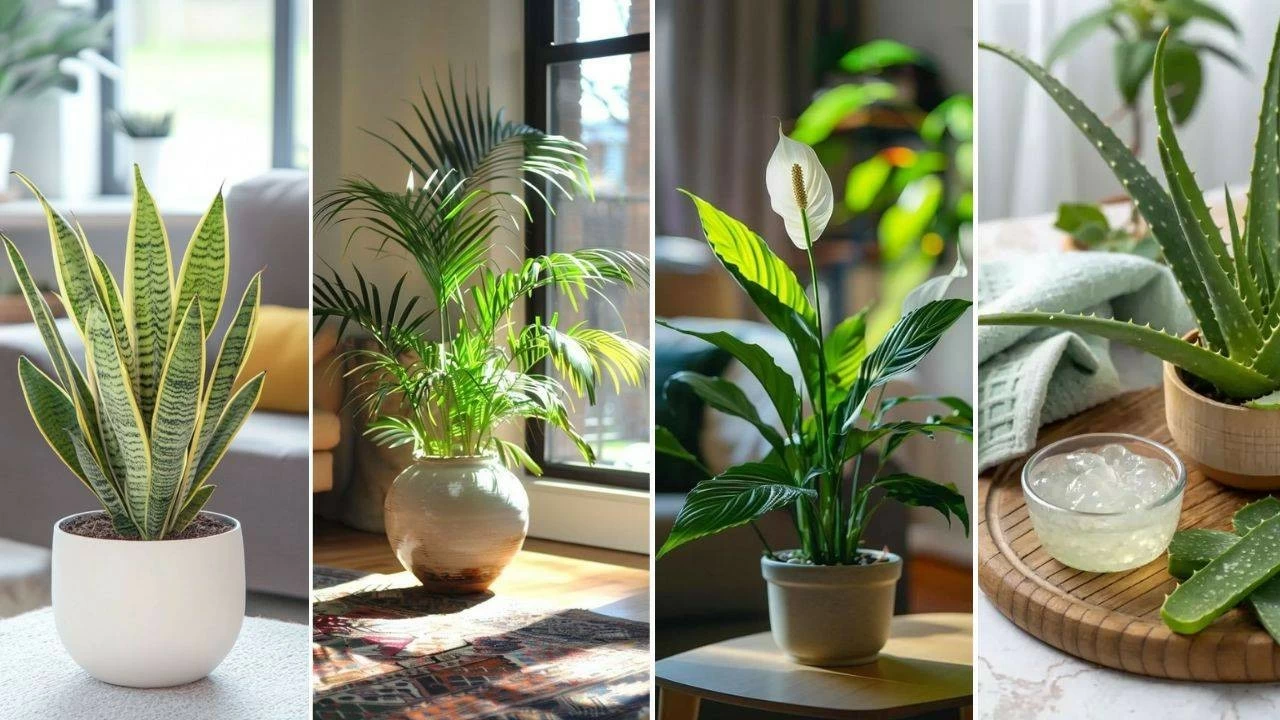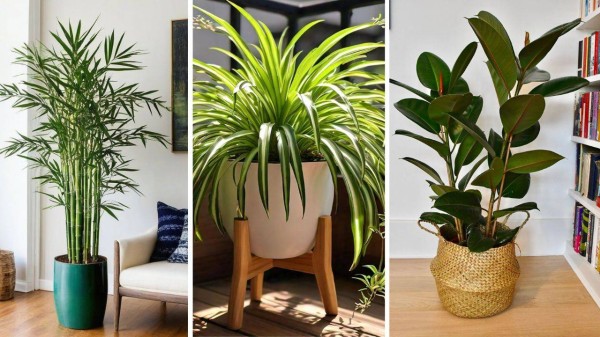

By signing in or creating an account, you agree with Associated Broadcasting Company's Terms & Conditions and Privacy Policy.


By signing in or creating an account, you agree with Associated Broadcasting Company's Terms & Conditions and Privacy Policy.

New Delhi: After Diwali, Delhi’s air quality has become a matter of concern. The city’s skyline is veiled in smog as stubble burning, vehicular fumes, and post-festival firecracker smoke push pollution beyond safe limits. While outdoor air remains out of our control, what we breathe indoors can still be improved. Turning to nature offers one of the simplest solutions, and the answer lies in air-purifying plants. They filter toxins, boost oxygen, and bring a touch of serenity to concrete homes.
You may be living in a compact flat or a spacious house, but a few green companions can transform your indoor environment into a cleaner, calmer space. From snake plant to peace lily, these low-maintenance wonders don’t just decorate your home, they quietly work to make every breath a little healthier. Here are the names of indoor plants to fight air pollution.
1. Snake plant
Known for releasing oxygen even at night, it’s an excellent choice for bedrooms and small apartments.
2. Areca palm
A natural air filter that removes carbon monoxide and formaldehyde, making it ideal for living areas.
3. Peace lily
This elegant plant absorbs toxins and adds serenity to your surroundings with its soothing white blooms.
4. Aloe vera
Besides purifying the air, its gel is beneficial for skin and minor burns — a dual-purpose home essential.
5. Bamboo palm

Works as a natural humidifier while filtering out airborne pollutants, perfect for dry winter days.
6. Spider plant
One of the easiest plants to maintain, it removes benzene and xylene and is safe for homes with pets.
7. Rubber plant
A strong toxin absorber with glossy leaves that enhance indoor aesthetics effortlessly.
Adding a few of these low-maintenance plants can make a visible difference in air quality and mood. They require minimal care yet offer maximum benefits — cleaner air, reduced stress, and a refreshing touch of nature indoors. In a city where pollution levels often rise beyond control, creating your own green zone might just be the most peaceful and practical solution.








